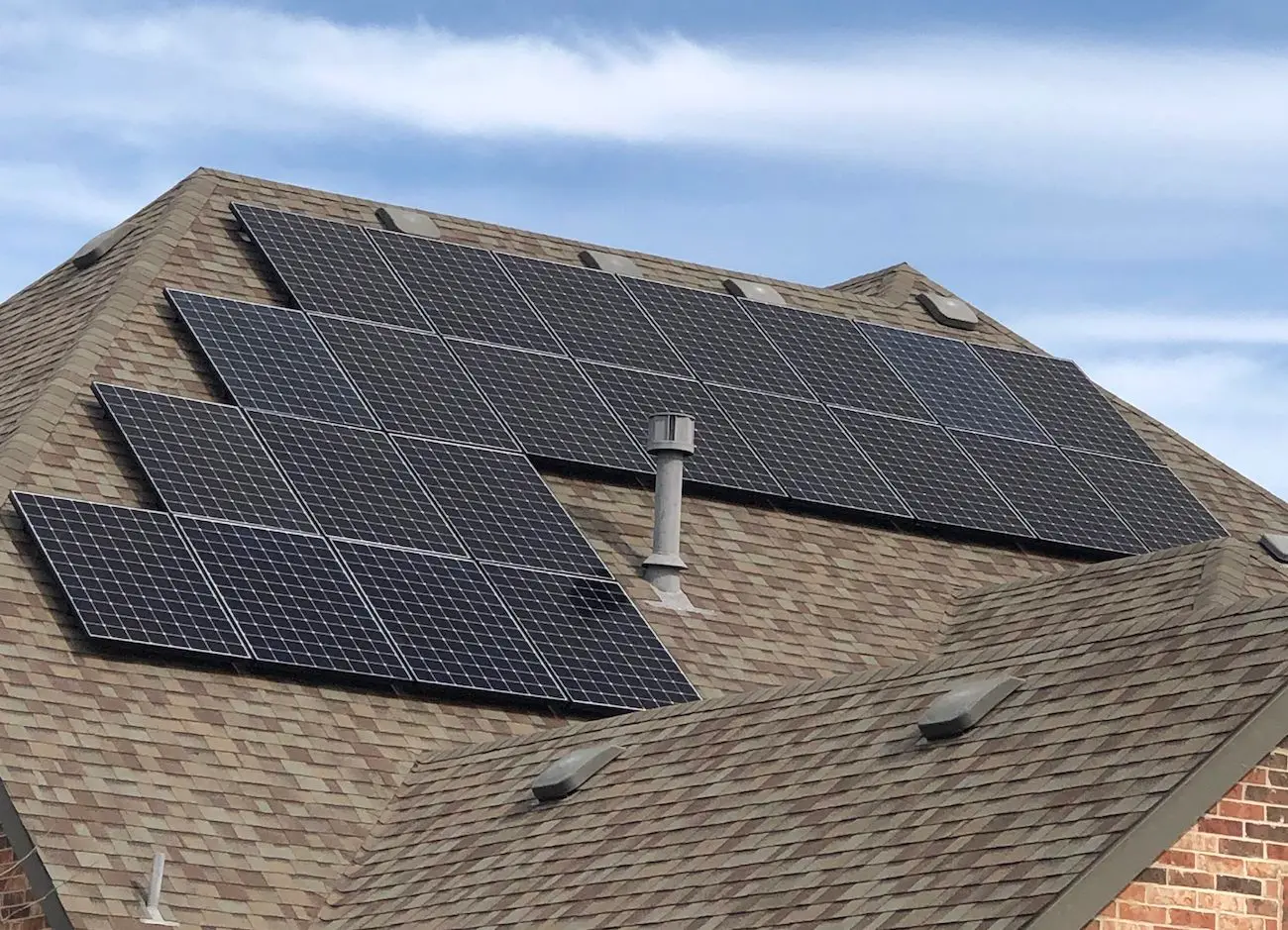When we talk about solar systems, it’s easy to focus mainly on solar panels. However, an equally important component is the solar inverter, which often doesn’t get the attention it deserves. Solar inverters play a crucial role in the efficiency and functionality of your solar power system.
Knowing every part of your solar system is important, especially when it comes to installation. A common question is: are solar inverters waterproof?
Can Solar Inverters Get Wet?
Solar inverters need to be weather-resistant as they are exposed to various conditions like rain, snow, and humidity. To ensure reliable operation, it’s important for them to be waterproof.
Photovoltaic inverters often come with IP65 or IP66 ratings, providing protection against these elements and allowing them to function effectively in wet conditions.
Their design includes rigorous testing and certification for weatherproofing. They are made with durable, corrosion-resistant metals and UV-stabilized plastics to endure prolonged exposure to sunlight and environmental factors.
Benefits of Using Waterproof Solar Inverters
Waterproof solar micro inverters offer several advantages. They are more durable and have a longer lifespan than non-waterproof models, as they can endure harsh weather conditions, which reduces the need for frequent repairs or replacements.
These inverters reliably perform in challenging environments like high humidity, heavy rain, or snow, ensuring consistent energy production with minimal downtime.
For solar system owners, waterproof solar inverters offer peace of mind, knowing their system is protected against water damage, thus enhancing the longevity and efficiency of their solar power setup.
How to Protect Solar Inverters from Rain
Sometimes, installing your solar inverter outside may not be an option. That’s despite being off-grid since you could live in a small house or apartment.
Under such circumstances, the most appropriate thing is to find ways of protecting your solar from rain. Some of the things you can consider include the following;
Using a Waterproof Structure
If you want to mount your off-grid solar inverter outdoors, consider using a waterproof structure like a box. However, you should ensure that this structure also has ventilation.
If you have no idea about what to look for, here are some great ideas;
Battery box inverter combo
Since these boxes are made of batteries and inverters, they will protect yours. Besides ventilation, it also has spaces to hook up various appliances and charge the battery and solar connectors.
The neatness of this box which serves many purposes, makes it worth considering. Whereas a battery may be relatively heavy, the box makes the inverter portable whenever needed.
Waterproof Electrical Enclosure
It is no secret that electronics are prone to damage upon exposure to water, including rain. That’s why waterproof electrical enclosures are quite common, especially in commercial areas.
Since the enclosure’s design purposely protects electronics against water damage, rest assured that it will do your solar inverter the justice it deserves. Besides protection, it also promotes vital cooling thanks to its vents.
Don’t assume that the vents will let the water reach your inverter. After all, they have hoods that slant downwards hence won’t allow even a drop of water to fall inside.
You can also customize yours to fit your needs. The various sizes and shapes cater for different needs and preferences.
Using a Waterproof Container During Transport
Protecting your solar inverter doesn’t apply only when installing it. Even how you transport it matters hence the need to ensure that it doesn’t get wet during this vital process.
Using a water container ensures that your inverter doesn’t get any water damage throughout the journey, even if it rains heavily. Besides, the container will also protect it from knocks and bumps.
Placing Your Solar Inverter in the Vehicle
This protective measure applies when the solar inverter is for your car, RV or semi-truck. Instead of placing it on the vehicle’s roof, place it inside to avoid water damage.
Nevertheless, placing solar panels and other components on the vehicle’s roof is okay. You must ensure the solar inverter and the battery stay inside.
Mounting the Solar Inverters Indoors
Unless it is completely impossible to install your off-grid solar inverter indoors, do everything possible to ensure that you do it outdoors. After all, that was the manufacturer’s intention, given its design and materials.
It is the safest way of protecting the inverter from rain. You don’t have to mount it in the house; other indoor solutions include a shed, cupboard or garage.
What Happens When a Solar Inverter Gets Wet?
You are most likely wondering why you should go through all the trouble of protecting your solar inverter from water. You also don’t think that a waterproof solar inverter isn’t the most appropriate option when choosing one.
However, the truth is that you can’t afford to let it get wet as long as it isn’t waterproof. Otherwise, you will face a huge problem when the inverter gets wet.
Water leads to a short circuit when it reaches the inverter. Consequently, there would be damage and loss.
Wouldn’t it be unfortunate, especially given that the trouble was avoidable? It explains the importance of considering buying a waterproof solar inverter.
Alternatively, apply any protective measures to protect the solar inverters that aren’t waterproof. You owe yourself at least that to ensure it doesn’t get wet.








